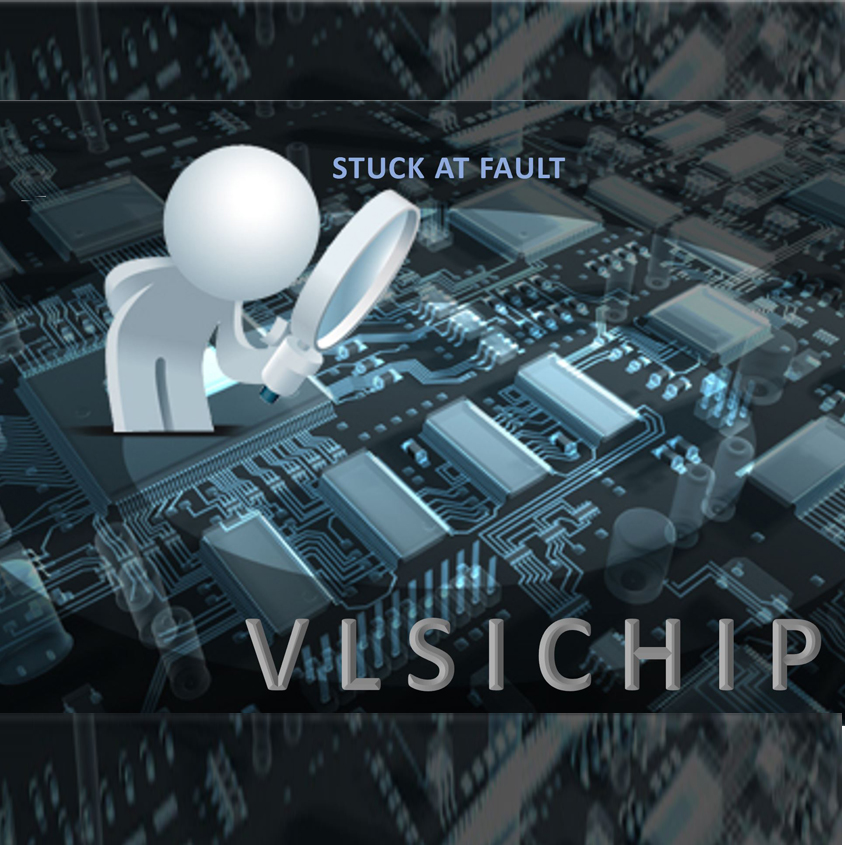Design for Testability (DFT)
Why DFT?
DFT is a structural way of testing which helps to detect faulty chip after fabrication by adding /designing anextra logic on circuit.
Designing an extra logic is a technique / methodology to satisfy controllable, observable, Test time, Test data, Test coverage, Fault coverage and ISO requirements.
Course overview - DFT
14 weeks program |
|
8 hours class classroom session |
|
Every topics and subtopics are discussed in detail with practical aspects and hands-on sessions |
|
Our designs are co-developed with inputs from industry experts |
|
Regular assessment test to identify the areas that candidate needs to improve |
|
Enable learning through regular theory and labs assignment |
|
Course completion Certificate after successful completion of the program |





